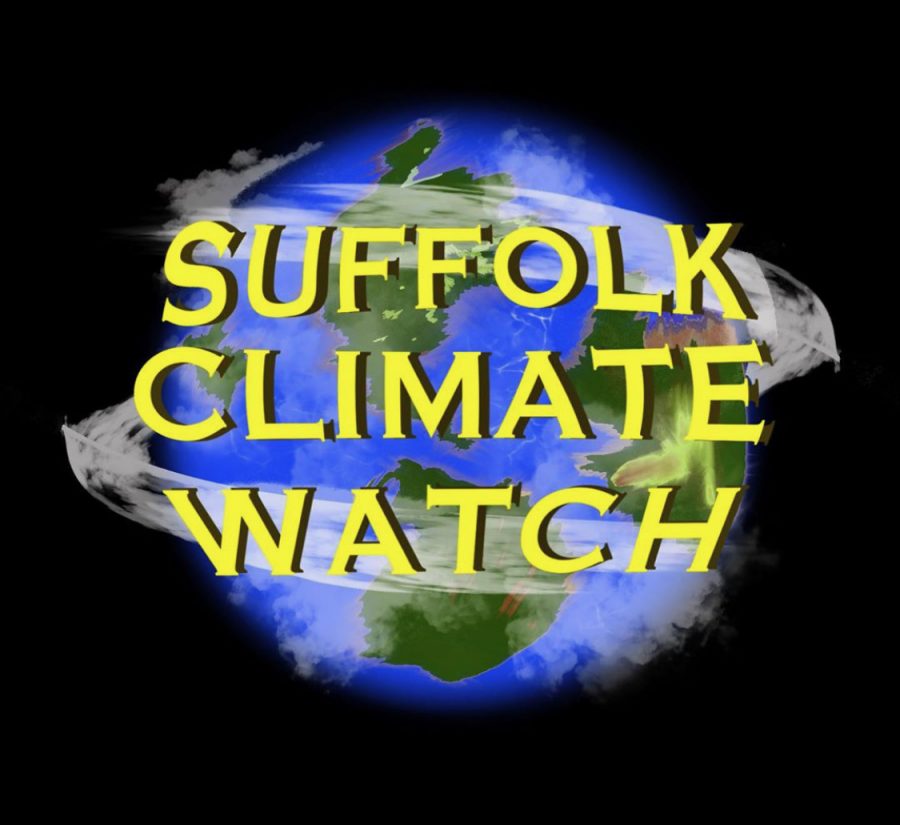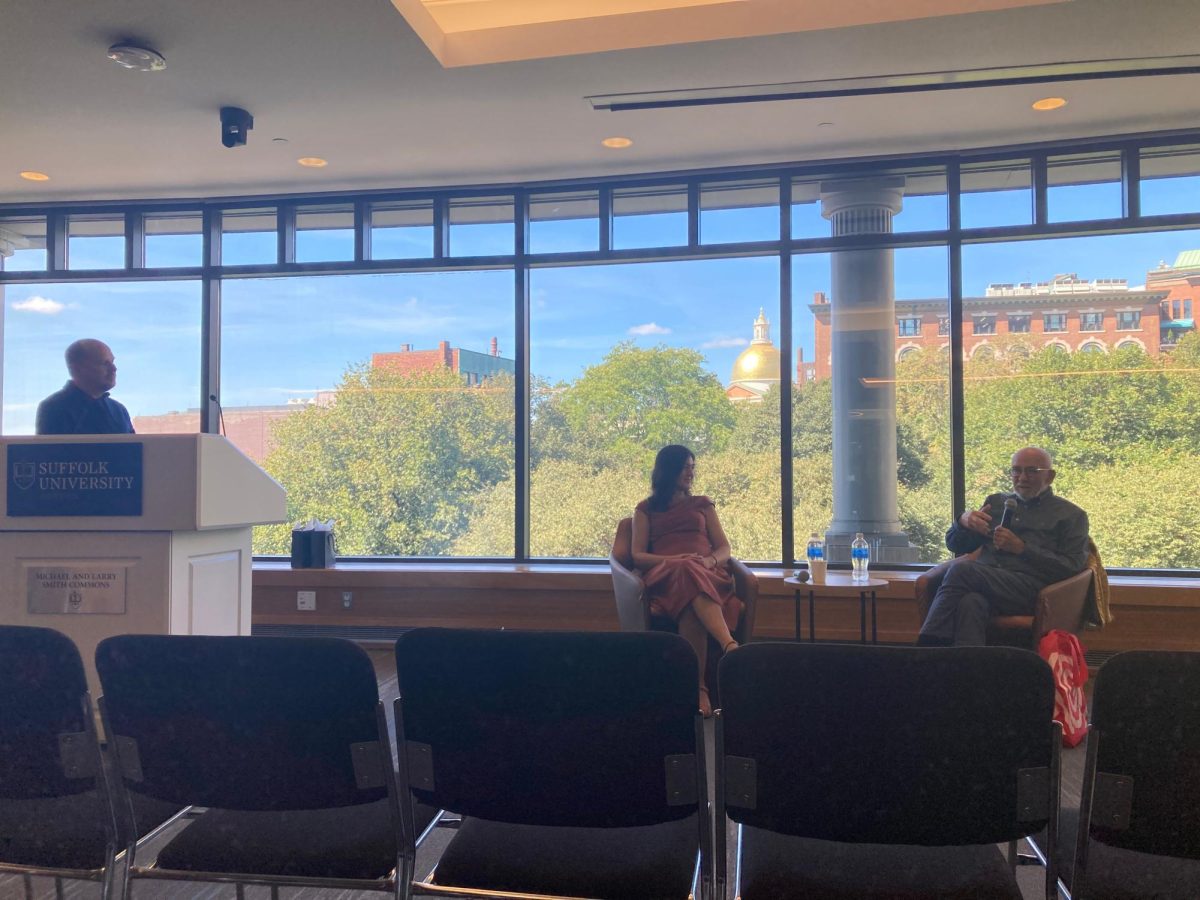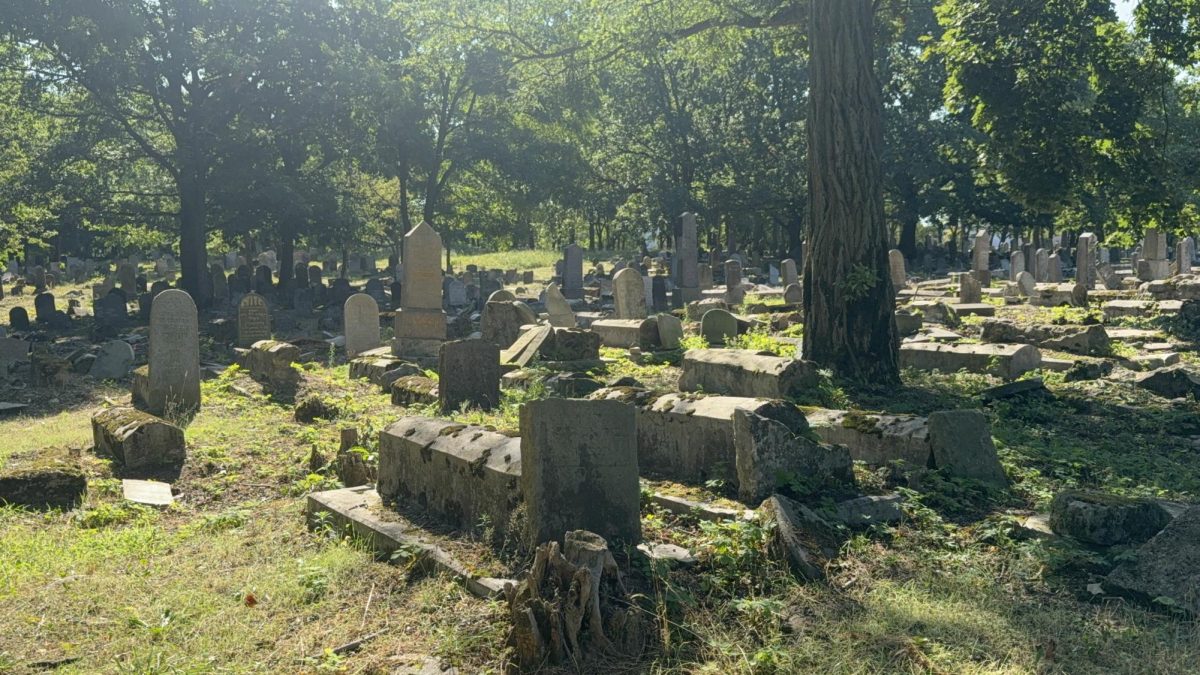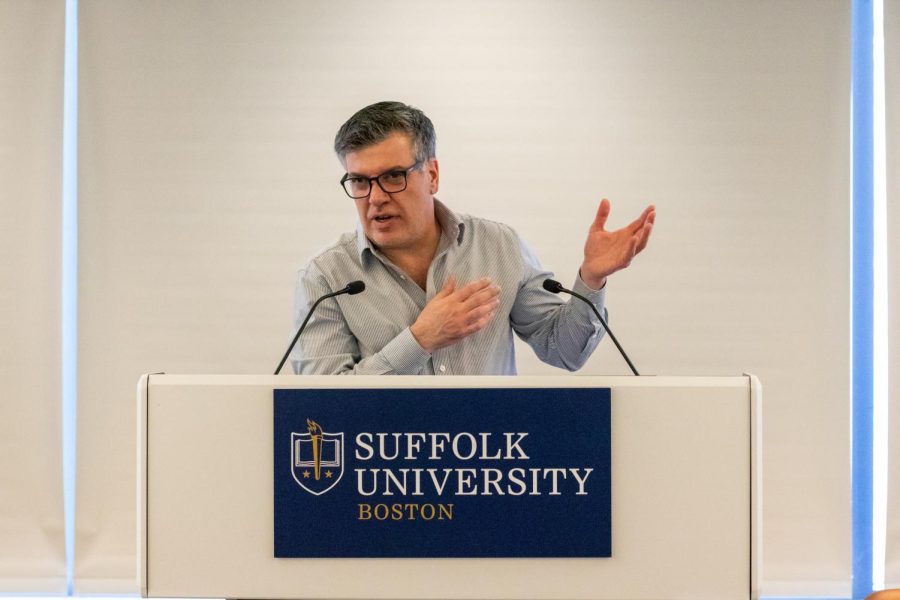We are in a bird emergency. The National Audubon Society (NAS), a well known bird focused conservation group, discussed how climate change is affecting the lives of birds all over the world, according to the United Press International (UPI).
Time reports a recent study by the NAS revealing that a shocking three billion birds species have been lost over the past fifty years. That’s about a third of the entire bird population, according to Ken Rosenburg, the lead author.
The report released also dictates that the remaining two-thirds of birds species will be threatened to extinction, especially if the temperature warms by three degrees Celsius by 2100. According to USA Today, there won’t be suitable habitats for them to live in, especially if the world continues to warm. To get a better idea of the margins, 389 out of 604 species are already at risk.
Senior climate scientist for the NAS, Brooke Bateman stated that birds are an important indicator species. She explained that if an ecosystem is broken for birds, it is or soon will be for people too.
Birds such as California quails, New Jersey goldfinches and Minnesota common loons are already beginning to diminish as a result, according to the NAS.
In 2017, President Trump announced the U.S. would pull out of the Paris Climate Agreement in order to combat increasing global temperatures and other detrimental circumstances. However, there are many that do not believe this announcement will go through, according to Time.
USA Today describes how scientists have seen studies showing other instances related to climate change that are also taking their toll on the bird population. Some of them include droughts, fires, sea-levels rising, urbanization and more.
UPI talks about the important steps needed in order to help protect North American species. Advocating for the lowering of carbon emissions and reducing as much energy usage at home as possible, are vital. David Yarnold, CEO of NAS, also urges the protection of forests and wetlands so these birds can attain hospitable habitats. Taking action now rather than later can make a huge difference in the futures of these creatures.


















